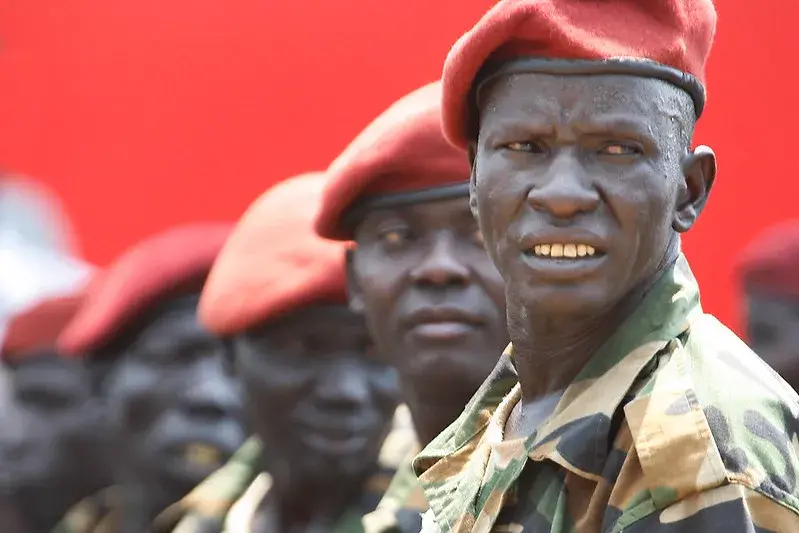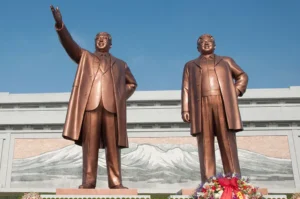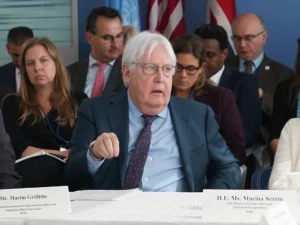Persisting tensions and stalled peace negotiations between Dagalo and Sudanese military chief General Abdel-Fattah Burhan.

Sudanese paramilitary leader General Mohammed Hamdan Dagalo, also known as Hemedti, declared his commitment to a cease-fire aimed at terminating the ongoing conflict devastating Sudan. Despite his affirmation, hostilities persist, and proposed peace discussions between Dagalo and Sudanese military chief General Abdel-Fattah Burhan have yet to show progress.
In Pretoria, following a meeting with South African President Cyril Ramaphosa, Dagalo communicated his extensive efforts to halt the war. He emphasized his unwavering dedication to ending hostilities but refrained from specifying a potential meeting with Burhan.
While the warring generals had previously agreed to a face-to-face dialogue and initiating talks for a possible cease-fire, the East African regional bloc IGAD has not announced any date or venue for these discussions.
During their encounter, President Ramaphosa expressed hope for an imminent direct dialogue between Dagalo and Burhan, advocating for an immediate cease-fire, according to Vincent Magwenya, Ramaphosa’s spokesperson.
Currently touring African nations, Dagalo had discussions with Kenyan President William Ruto after visiting Uganda, Ethiopia, and Djibouti. The conflict between Dagalo and Burhan, former allies turned adversaries, escalated into full-scale warfare in Sudan’s capital, Khartoum, and other parts of the country.
The violence has resulted in a reported death toll of over 12,000, as per the United Nations, although activists and medical professionals suggest the actual numbers might be higher. The displacement of more than 7 million individuals from their homes further illustrates the conflict’s catastrophic impact.
Despite discussions of a cease-fire, the situation has worsened. Last month, U.N. humanitarian chief Martin Griffiths disclosed that over 500,000 individuals were compelled to flee Jazeera province after the Rapid Support Forces (RSF) seized its capital, Wad Medani, previously considered a haven for civilians. Concerns arose among Wad Medani’s inhabitants that the RSF might perpetrate atrocities akin to those allegedly committed in Khartoum and Darfur.
Both the RSF and Sudanese military have been accused by the U.S. State Department of war crimes and crimes against humanity during the nine-month-long conflict.
Griffiths, the U.N. undersecretary-general for humanitarian affairs, condemned the escalating violence in Wad Medani, emphasizing its impact on relief operations and the delivery of essential aid. He highlighted the urgent need for humanitarian assistance for nearly 25 million Sudanese in 2024, expressing concerns about the intensifying hostilities impeding aid efforts.







